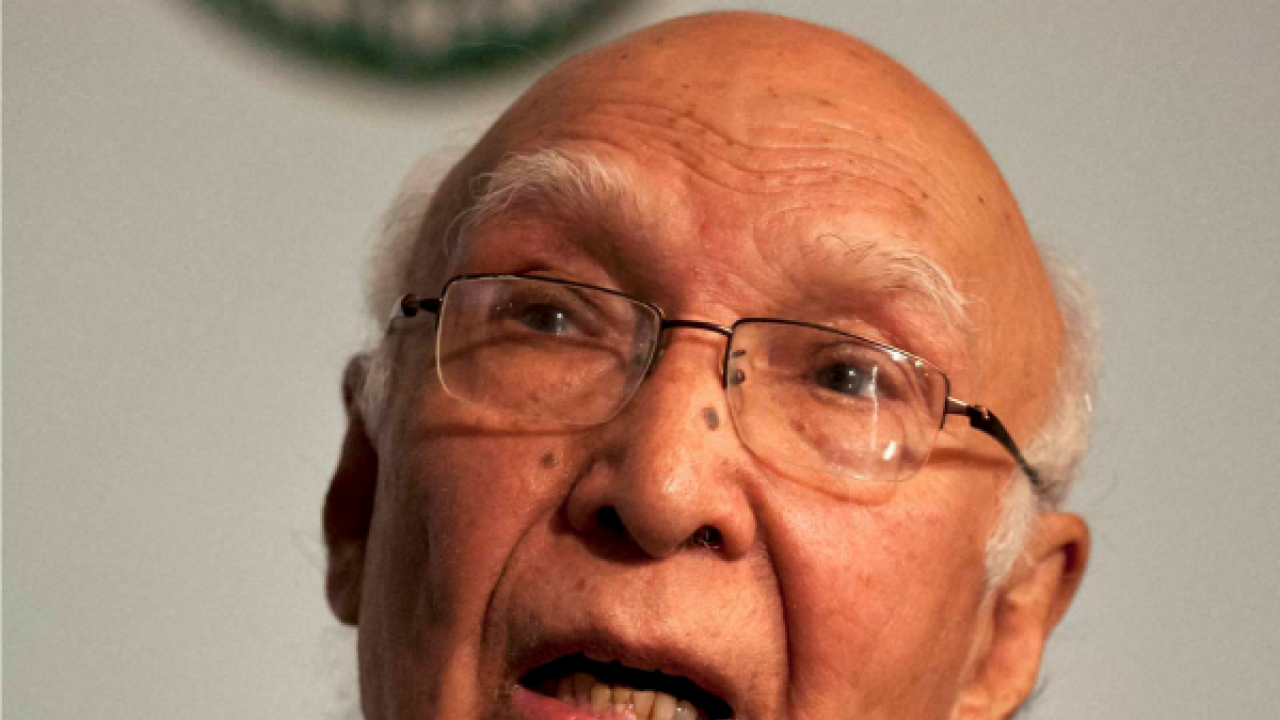
After all the sound and fury resulting in the failure to hold the scheduled talks between the National Security Advisors (NSAs) of India and Pakistan, it is clear that the two sides have no option but to talk. The verbal sparring with barely-concealed hostility is instructive on how New Delhi and Islamabad should not proceed if the intent is to actually talk to, and not at, each other.
Less than six weeks after the Prime Ministers of India and Pakistan agreed to a meeting of their NSAs, several tracks have been working at cross purposes within both India and Pakistan. One track on each side was, doubtless, dedicated to holding the talks. There were other tracks equally dedicated to pre-empt talks and these succeeded, allowing both New Delhi and Islamabad the satisfaction of seeing the talks cancelled while being able to blame the other side for it. Each side can now claim that the hostility of the other wrecked the talks.
When the talks were announced in Ufa, there were perceived as the triumph of the ‘Jaishankar Line’, which signified diplomacy taking precedence over the so-called ‘Doval Doctrine’ of the security establishment. Far from being a foreign secretary vs NSA tussle, the Jaishankar Line would mean that the Ministry of External Affairs (MEA) is leading the way and setting the agenda. In retrospect, it seems that the security bosses relegated the MEA to the background, stole the show and let the talks get scuttled.
Islamabad had been working to a script. The moment Pakistani Prime Minister Nawaz Sharif returned home from Ufa, he changed his tune on talks. This was not surprising. In Pakistan, the army and the ISI call the shots especially in dealing with countries such as the US, Afghanistan, China and India. It was expected that every effort would be made by Pakistan’s military-security powers — along with rogue elements in the army, jihadists, the Taliban, sponsors of terrorist infiltration in Kashmir and political opponents of Sharif — to ensure that NSA-level talks fall through.
Islamabad taking the position that not just “all issues connected to terrorism” but Kashmir, among other issues, should be on the table for the NSAs talks was an alibi for the inevitable cancellation. Inviting the Hurriyat leaders to the High Commissioner’s “reception” for NSA Sartaj Aziz was deliberate — to force New Delhi to cancel the talks.
New Delhi, however, was determined to persist on the track for talks. Even as late as August 20, MEA officials kept insisting that the talks were on track; that invitations to the separatists to the “reception” for NSA Sartaj Aziz and other “provocations” from across the border would not be allowed to derail the talks. It would serve Pakistan’s interests to get the talks scrapped, was MEA’s admirable line of sweet reasonableness.
And then suddenly, two days before the date, Official India, much like the belligerents in Pakistan, went into overdrive with press conferences, press releases, statements, inspired TV gigs and tweets, where External Affairs minister Sushma Swaraj drew a red line and set a very undiplomatic “midnight deadline” to Aziz against meeting the Hurriyat leaders. Any hope of talks was killed. Pakistan’s provocateurs won the day — game, set and match. In the process, Hurriyat, which has only noise value, has acquired a larger-than-life profile.
Inevitably, work will now begin on the next India-Pakistan meeting, perhaps between Prime Minister Narendra Modi and Sharif when they attend the UN General Assembly in September. Before that, New Delhi should decide whether external affairs falls within the realm of security or of diplomacy and should be helmed by Ajit Doval or S Jaishankar.
The author is an independent political and foreign affairs commentator based in New Delhi